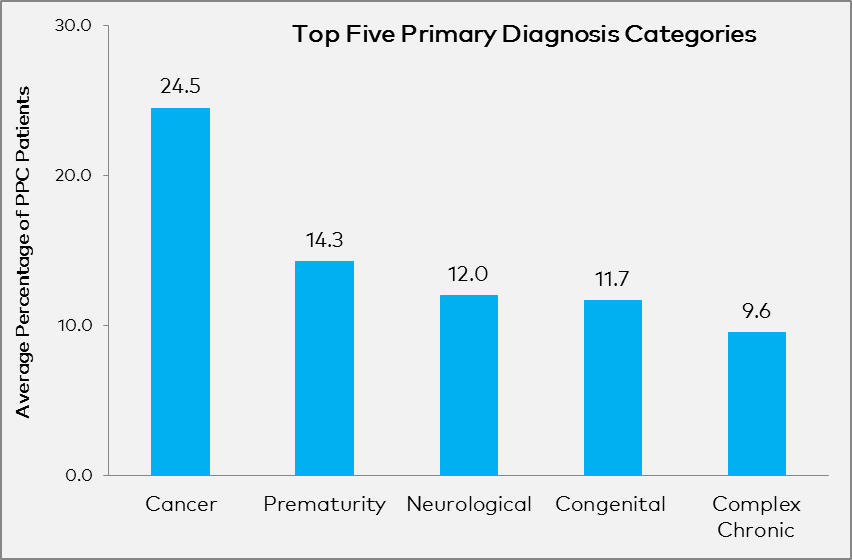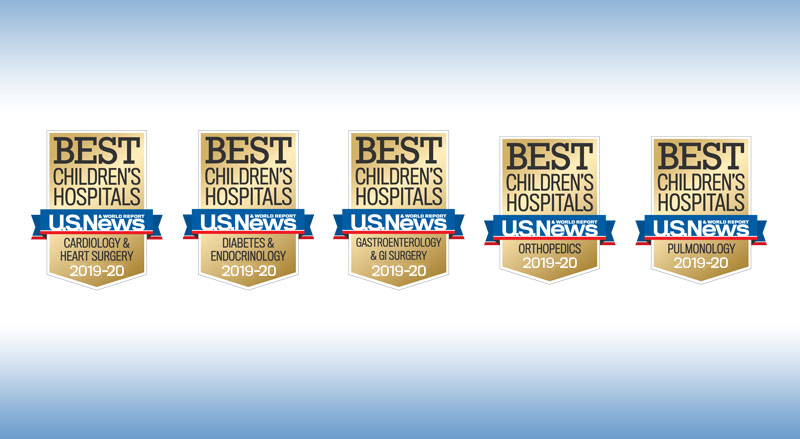
Most people who are interested in working as epidemiologists have a master's level degree. They must also have a solid resume with relevant work experiences. They also need to have great communication and writing skills. They might also need advanced statistical skills.
Epidemiologists study a variety of health issues, such as vaccine effectiveness and health risks in populations. They might also work in government and non-profit organisations. They are data analysts, who analyze the data and share the results with others. They might also participate in community outreach activities.
They might also be employed in the insurance industry. Many epidemiologists work at universities or in government settings. However, some do private research. They usually work regular hours. They are well paid. Many epidemiologists hold dual medical degrees.

It requires an intense attention to detail. To conduct research, epidemiologists might have to travel to foreign countries. They will also need to collect data and track mutations to determine response strategies. Communication is crucial in their work. They may have to travel to areas of international emergency.
Some epidemiologists might choose to specialize. If so, they may pursue an advanced degree, such as a Ph.D. or a Master of Public Health. These degrees require additional research, often taking two to three more years. They require the student to conduct research and write a doctoral dissertation.
Numerous colleges offer certificates to students in epidemiology. You may be interested at specific concentrations such as nutrition, environmental health, or health behavior. Some colleges offer online specializations. The United States Department of Education is an accredited body for programs related to public health.
The Bachelor's degree required for Master of Public Health programs is in epidemiology. A resume and a competitive SAT/ACT score are required for most programs. They will also require at least two letters of recommendation from professionals who have experience in epidemiology.

Students can also complete an advanced epidemiology certification. The advanced certificate program teaches classes in social, behavioral, chronic, infectious, and ethical issues, as well ethics and diverse populations. It's a great option for students who want a different career path.
You can also study a Master's in Science in Health Science. This degree is designed for students with little or no research experience. This program requires 64 credits. The program is also offered online, allowing students to earn a degree in 16 months. Aside from the coursework, students also must complete a capstone course during the second year of the program. Students are encouraged to take courses from multiple disciplines, such as biology, statistics, and physical science.
While many epidemiologists work full time, some work part-time. They might work odd hours or overtime. They may also have to work on weekends or travel to a foreign country for research.
FAQ
What are the different health care services?
Patients need to be aware that they can get quality healthcare any time. We can help you, whether you have an urgent need or a routine checkup.
There are many types of appointments available, including outpatient and emergency procedures, walk-ins, same day surgery, same-day surgeries, and emergency department visits. For those who live outside of our clinic, we also offer home care visits. You don't have to come into our office if you are not comfortable. We'll make sure that you receive prompt care at your local hospital.
Our team includes nurses, doctors, pharmacists, dentists, and other professionals dedicated to providing excellent patient service. We aim to ensure that each visit is as convenient and painless as possible.
What should I know concerning vaccines
Vaccines offer a way to keep your body healthy and are extremely safe. Vaccines protect you from certain diseases. Vaccinations should be administered at specific times, such as during childhood, adolescence and adulthood. Your doctor will help you decide when is the best time to get vaccines.
What does the term "health care" mean?
The delivery of services that promote good mental and physical health is called health care.
What is the difference between the health system and health care services?
Health systems are broader than just healthcare services. They include everything that occurs in the overall context for people's lives, including education and employment as well as social security and housing.
Healthcare services, however, are focused on providing medical treatment for specific conditions, such as diabetes or cancer.
They may also refer to the provision of generalist primary care services by community-based practitioners working under the direction of an NHS hospital trust.
What does "health promotion” mean?
Health promotion means helping people to stay well and live longer. It focuses on preventing sickness rather than treating existing conditions.
It covers activities such:
-
Eating right
-
getting enough sleep
-
exercising regularly
-
staying active and fit
-
not smoking
-
managing stress
-
Keeping up with vaccinations
-
avoiding alcohol abuse
-
having regular checkups and screenings
-
Understanding how to cope with chronic diseases.
Statistics
- For instance, Chinese hospital charges tend toward 50% for drugs, another major percentage for equipment, and a small percentage for healthcare professional fees. (en.wikipedia.org)
- Consuming over 10 percent of [3] (en.wikipedia.org)
- The health share of the Gross domestic product (GDP) is expected to continue its upward trend, reaching 19.9 percent of GDP by 2025. (en.wikipedia.org)
- About 14 percent of Americans have chronic kidney disease. (rasmussen.edu)
- Foreign investment in hospitals—up to 70% ownership- has been encouraged as an incentive for privatization. (en.wikipedia.org)
External Links
How To
What are the 4 Health Systems?
Healthcare is a complex network that includes hospitals, clinics and pharmaceutical companies as well as insurance providers, government agencies, public officials and other organizations.
The goal of this infographic was to provide information to people interested in understanding the US health care system.
Here are some key points.
-
The GDP accounts for 17% of healthcare spending, which amounts to $2 trillion annually. This is almost twice as large as the entire defense budget.
-
Medical inflation reached 6.6% last year, higher than any other consumer category.
-
On average, Americans spend 9% of their income on health costs.
-
As of 2014, there were over 300 million uninsured Americans.
-
Although the Affordable Health Care Act (ACA), has been approved by Congress, it hasn't yet been fully implemented. There are still large gaps in coverage.
-
A majority of Americans believe the ACA should be maintained.
-
The US spends more than any other nation on healthcare.
-
If every American had access to affordable healthcare, the total cost would decrease by $2.8 trillion annually.
-
Medicare, Medicaid, as well as private insurers, cover 56% all healthcare expenditures.
-
There are three main reasons people don't get insurance: not being able or able to pay it ($25 billion), not having the time ($16.4 billion) and not knowing about it ($14.7 trillion).
-
There are two types: HMO (health maintenance organisation) and PPO [preferred provider organization].
-
Private insurance covers almost all services, including prescriptions and physical therapy.
-
Programs that are public include outpatient surgery, hospitalization, nursing homes, long-term and preventive care.
-
Medicare is a federal program that provides senior citizens with health coverage. It pays for hospital stays, skilled nursing facility stays, and home health visits.
-
Medicaid is a program of the federal and state governments that offers financial assistance to low-income people and families who earn too much to be eligible for other benefits.